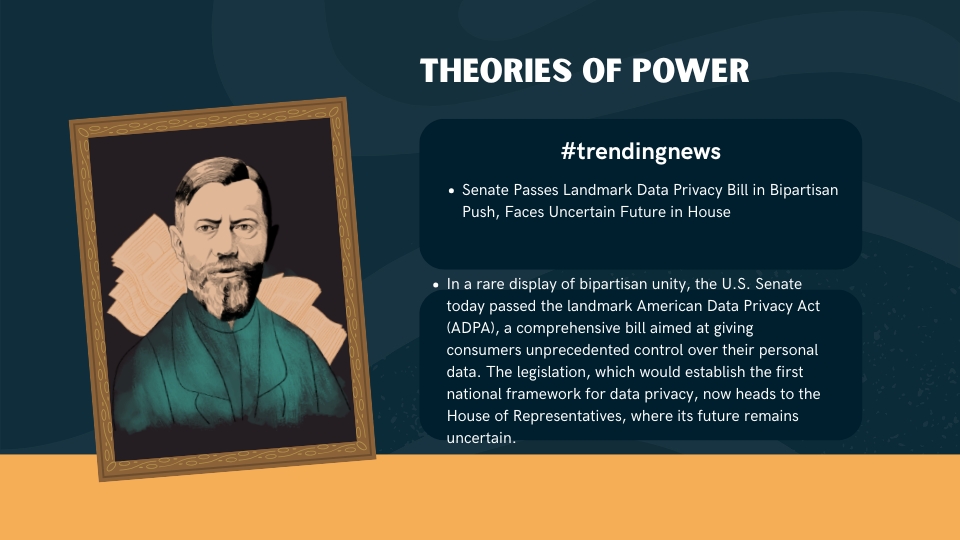Senate Passes Landmark Data Privacy Bill in Bipartisan Push, Faces Uncertain Future in House
Senate Passes Landmark Data Privacy Bill in Bipartisan Push, Faces Uncertain Future in House
WASHINGTON D.C. – In a rare display of bipartisan unity, the U.S. Senate today passed the landmark American Data Privacy Act (ADPA), a comprehensive bill aimed at giving consumers unprecedented control over their personal data. The legislation, which would establish the first national framework for data privacy, now heads to the House of Representatives, where its future remains uncertain.
The bill, which passed with a decisive 78-22 vote, would grant Americans the right to access, correct, and delete data held by technology companies. It also imposes strict new limits on how companies like Google, Meta, and Amazon can collect and use consumer information, requiring clear, opt-in consent for targeted advertising and data sharing.
A key provision of the act is the establishment of a new data protection bureau within the Federal Trade Commission (FTC), empowering the agency with significant new authority to enforce the rules and levy substantial fines against non-compliant companies, potentially amounting to billions of dollars for major infractions.
“For too long, Americans have been in the dark about how their personal information is being used,” said the bill’s co-sponsor during a press conference following the vote. “Today, the Senate has sent a clear message that the era of unchecked data exploitation is over. This is a fundamental right for the 21st century.”
While the bill has been celebrated by consumer advocacy groups as a monumental step forward, it has faced strong opposition from some corners of the tech industry, who argue that the stringent regulations could stifle innovation.
The legislation’s journey is far from over. It now faces a contentious path in the House of Representatives, where different factions have already expressed concerns over the bill’s scope and its potential impact on small businesses. The coming weeks are expected to see intense lobbying efforts from both tech giants and privacy advocates as the debate over the future of digital privacy in America reaches a critical juncture.

